Safeguard Your Business: 3 Must-Know Pre-Sales Tax Audit Steps
Preparing for a sales tax audit before it happens can save you a lot of stress and ensure smoother interactions with auditors. Here are three crucial steps to take before receiving a notification of routine sales and use tax audit letter:
1. Create a Solid Document Retention Policy
A well-organized document retention plan is essential for staying audit-ready. Here’s what to keep in mind:
- Align your retention policy with the sales and use tax statute of limitations.
- Retain source documents related to journal entries and asset additions, especially if these entries were booked within the audit period. Even if the original transactions occurred outside the statute of limitations, auditors might still request proof if they are related to the audit period.
By staying ahead with a clear and thorough document retention strategy, you’ll save time and avoid unnecessary complications during the audit.
2. Ensure All Sales Are Accurately Captured
Sales can come from multiple sources, and it’s crucial to account for every one of them. Steps to follow include:
- Identify all sales channels, such as your company website, brick-and-mortar stores, and online marketplaces like Amazon, Etsy, or others.
- Confirm that all sales data is captured in your accounting records.
- Clearly document total sales, taxable sales, and taxable purchases for each taxing jurisdiction where sales and use tax returns are filed.
Accurate and comprehensive sales tracking ensures you’re ready to present clear and reliable records during an audit.
3. Review Exemption Certificates and Supporting Documents
Tax-free or tax-exempt sales often require substantiating documentation. Follow these guidelines:
- Regularly review exemption, resale, or reseller’s certificates to ensure they are properly completed in real-time.
- Understand that taxing jurisdictions have varying rules and requirements.
- Verify that your substantiating documents comply with the regulations in the jurisdictions where your business operates.
Staying proactive about documentation for tax-free sales can help you avoid unnecessary penalties or delays during the audit process.
Final Thoughts
By prioritizing these three steps before an audit, businesses can ensure smoother audits and fewer surprises. Preparation is the key to reducing stress and staying compliant with sales and use tax regulations.
And that is your tax tip of the week!
Here is a short video about things that businesses can do to minimize their sales and use tax audit exposure.
More Tips in The Sales Tax Sisters Academy
Our mission to provide a resource so business owners, accountants and bookkeepers can understand sales & use tax compliance. We know that sales and use tax laws are not the easiest to understand. Our focus is on empowering you with a framework and general understanding, so you know what questions to ask and where to go to get the information you need to stay on the right side of sales and use tax compliance.

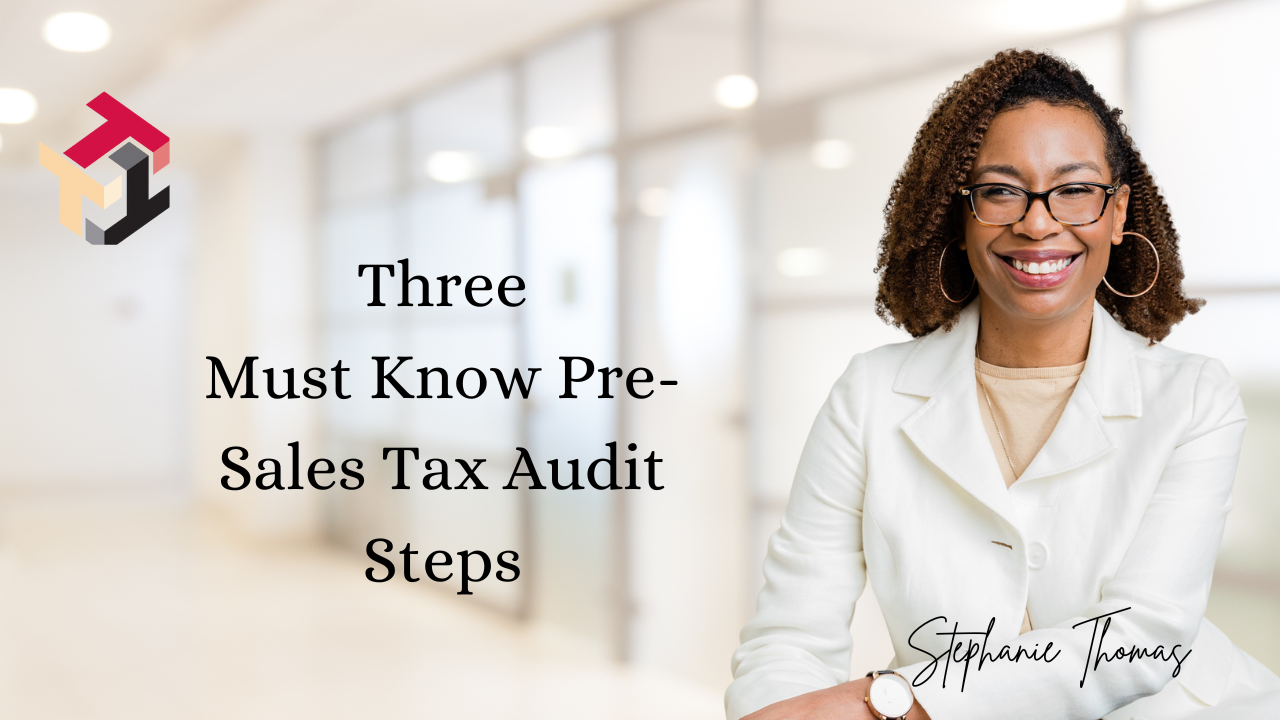

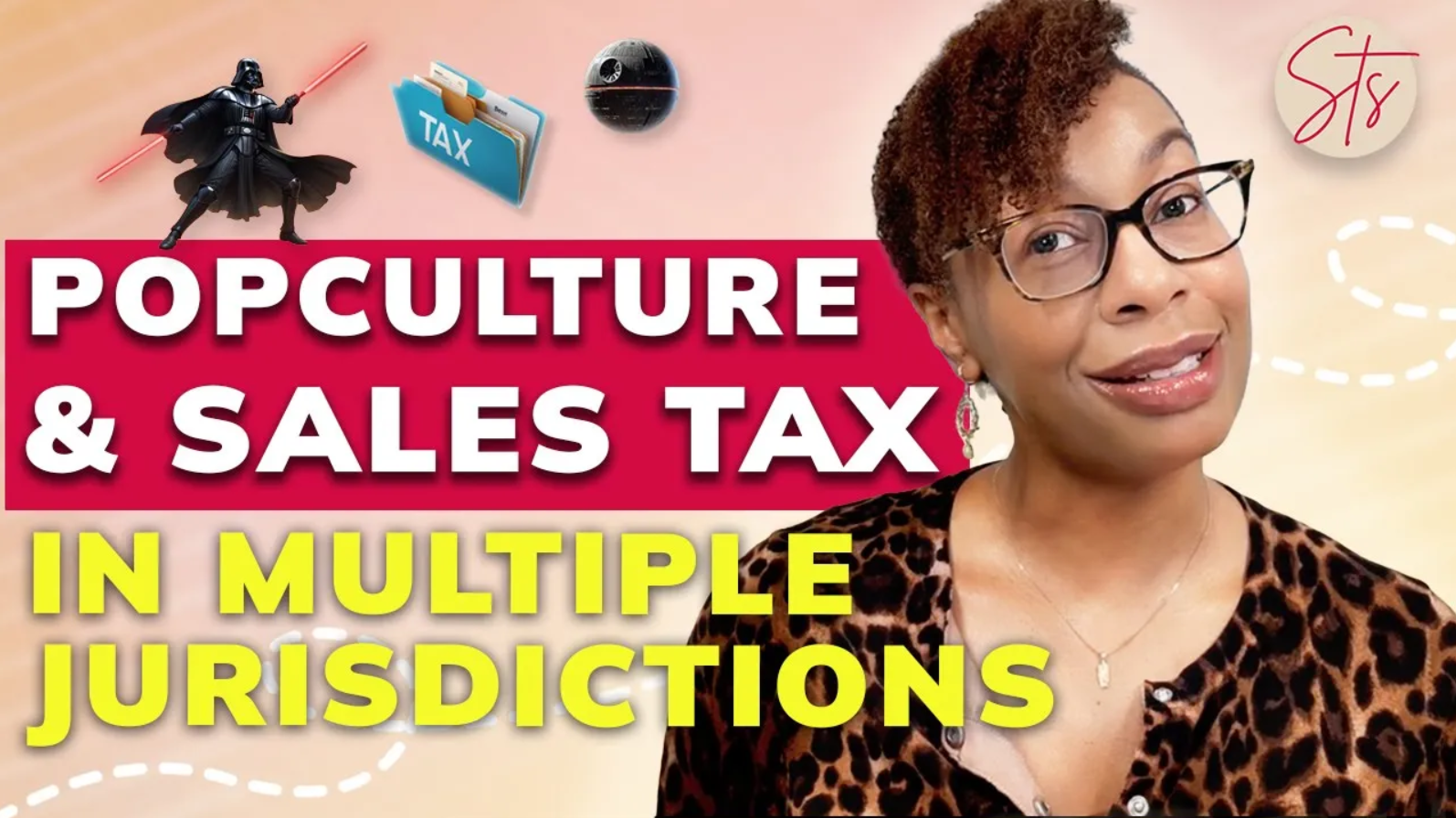
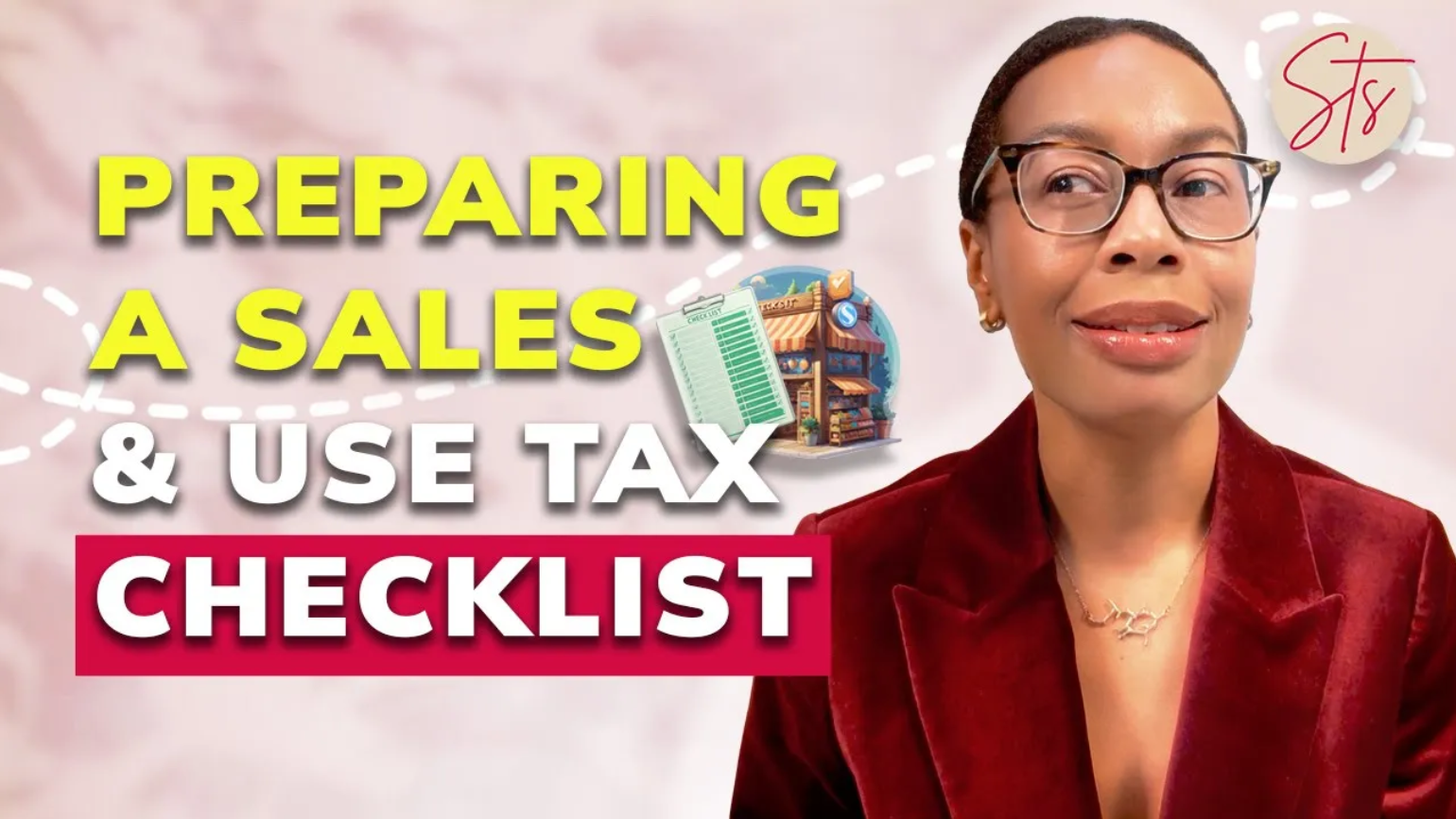



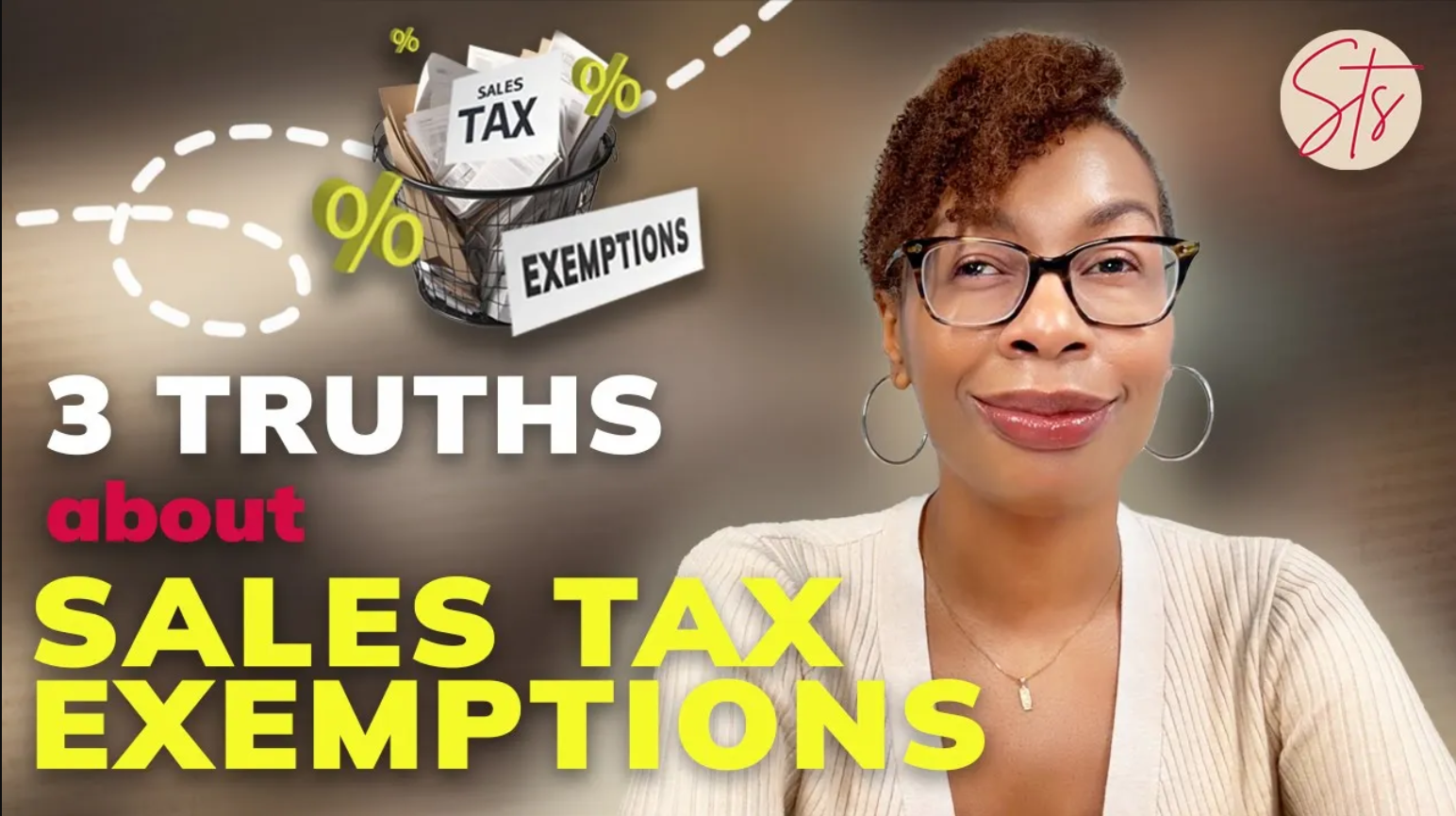







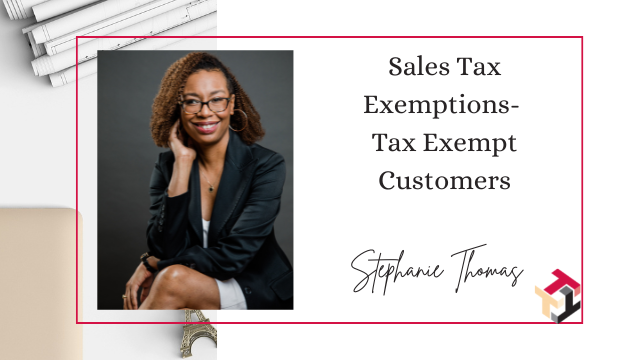


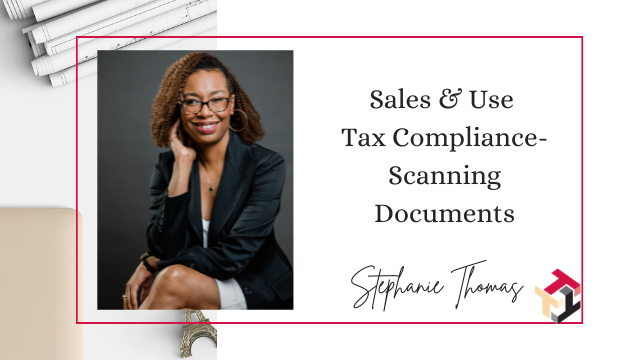


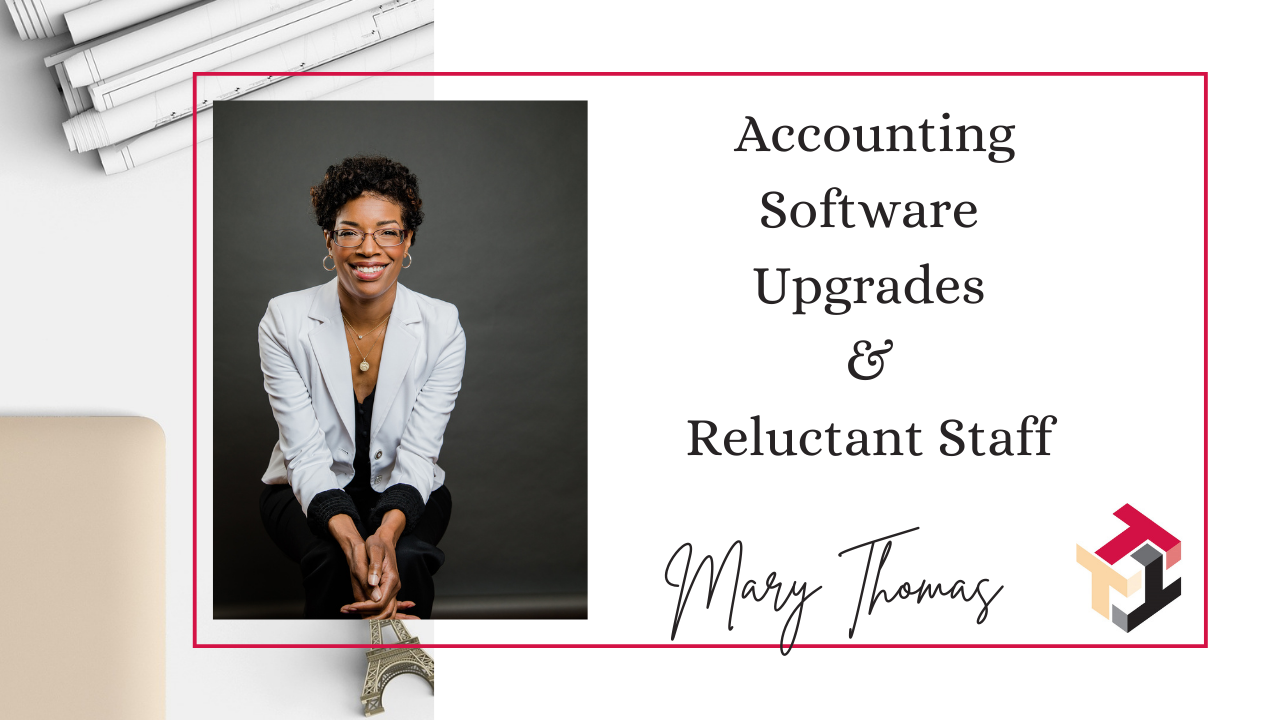

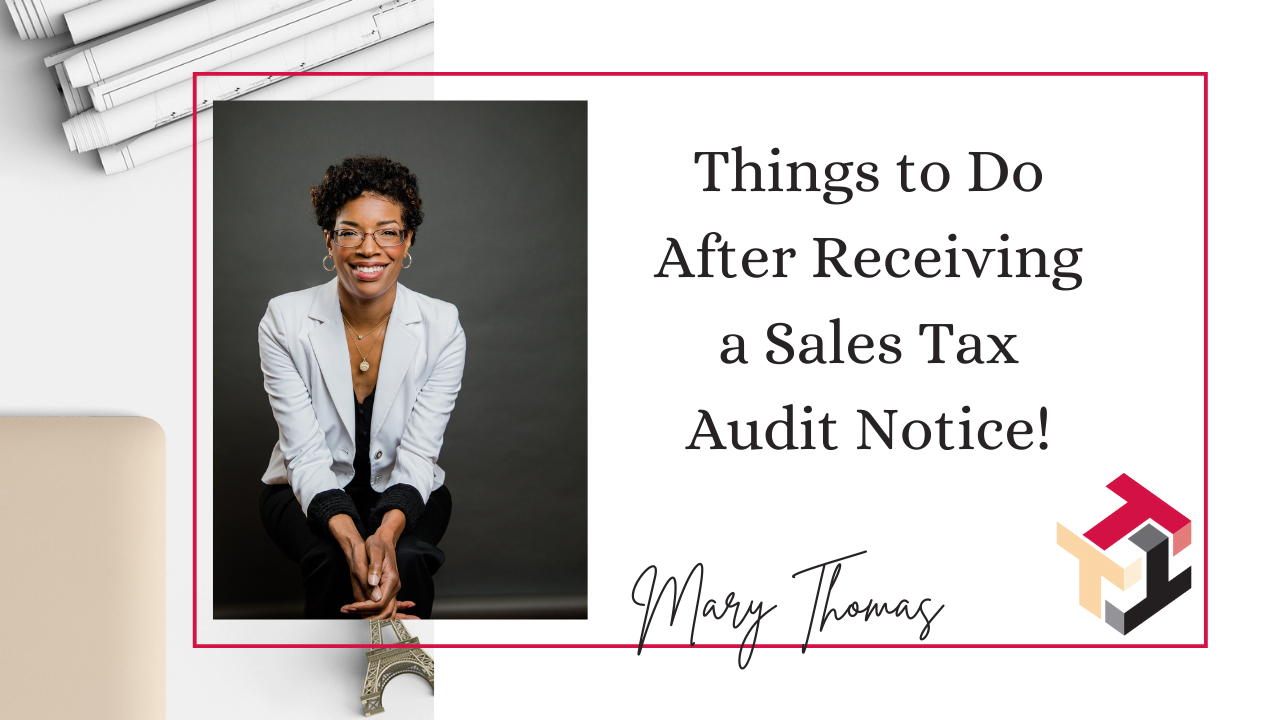


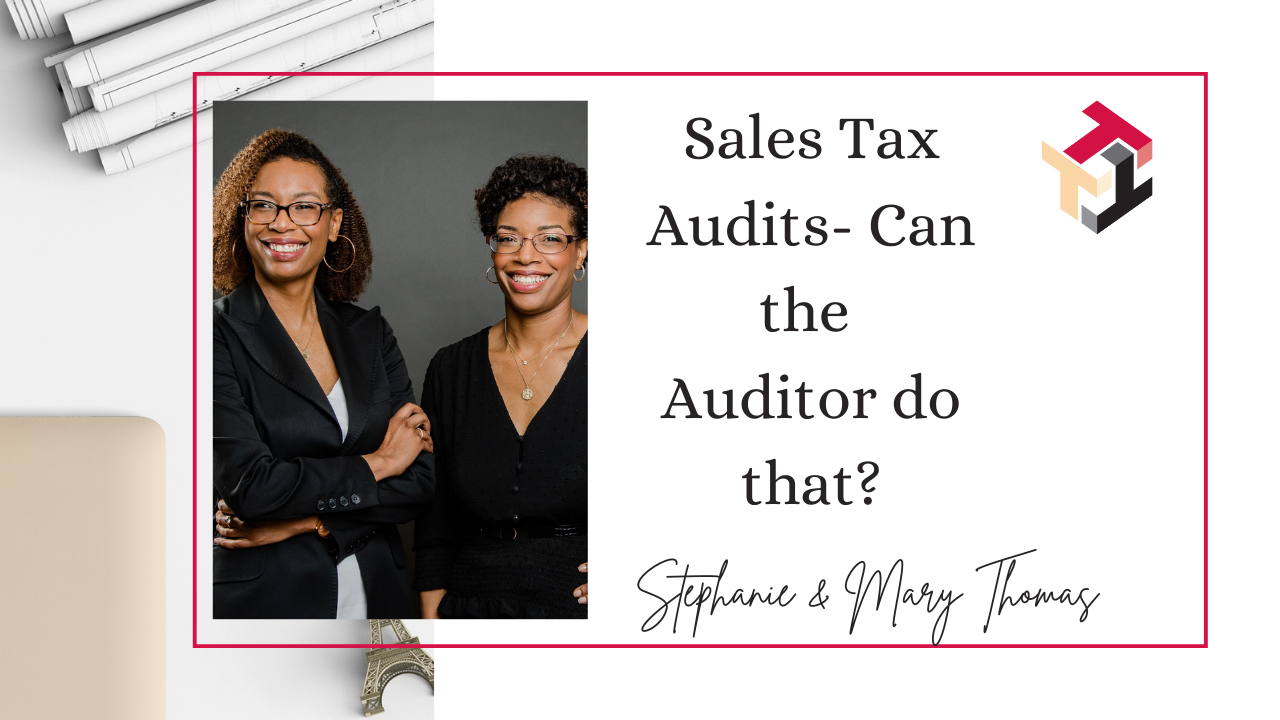


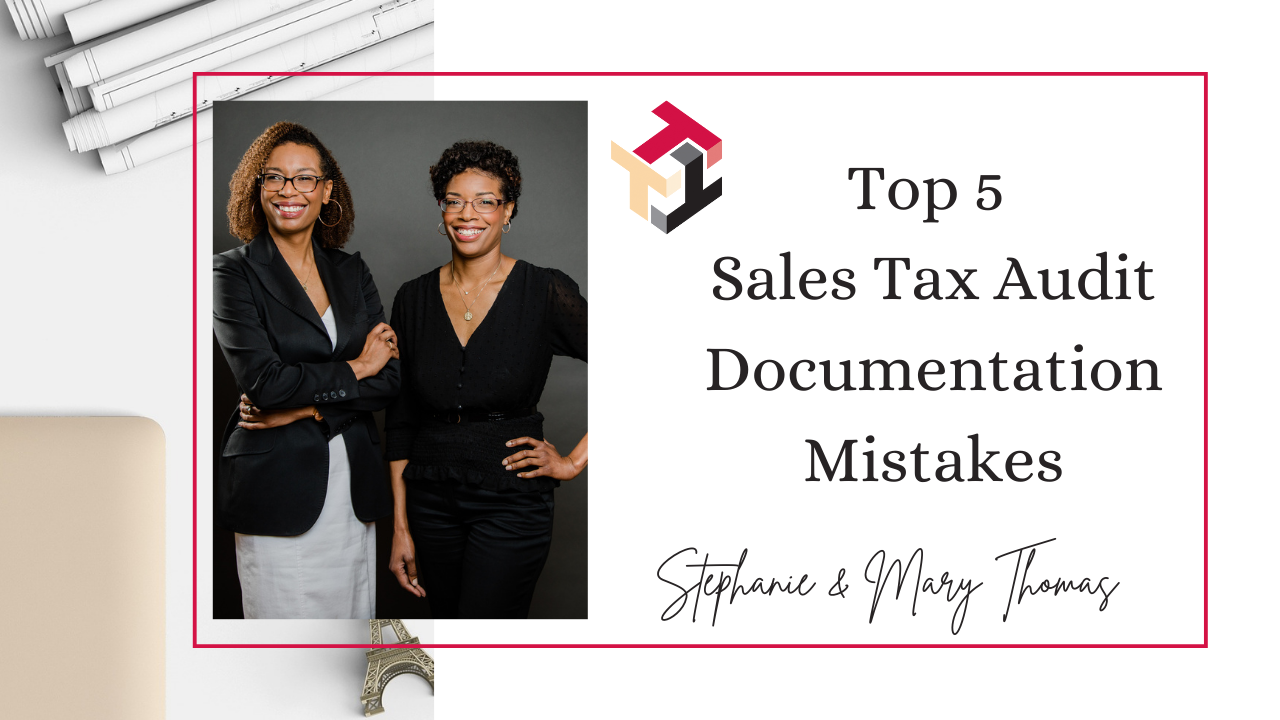
0 Comments